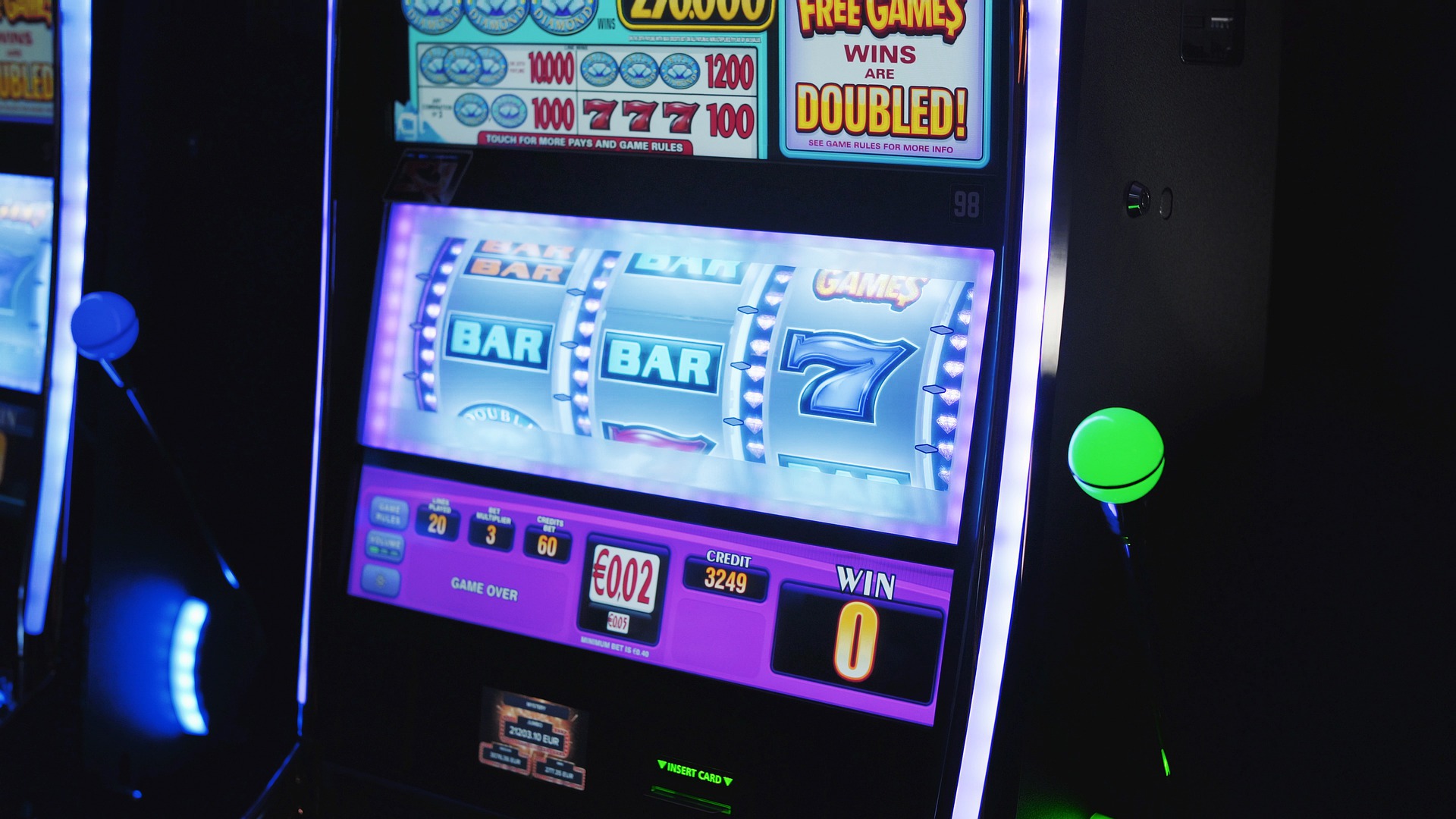Progressive slots are an increasingly popular form of gaming that offer the potential for significant payouts. Players should be aware of the various factors that come into play when playing progressive slots. These factors include the house advantage, funding and payout, and taxes on winnings.
This article explores the seven facts about progressive slots that every player should know in order to make an informed decision about playing.
House Advantage
The house advantage on progressive slots is higher than on other types of slot machines due to the allure of the big jackpot. This means that the probability of winning the progressive jackpot is lower than for other types of slot machines.
The house advantage on progressive slots is typically higher than on other machines because a larger portion of the money bet is allocated to the progressive jackpot pool. This makes it more difficult for players to win the jackpot, as more money is required to reach the larger jackpot amount.
Additionally, the hold on progressive slot machines is higher than on other types of slot machines. This means the casino is more likely to keep a larger portion of the money wagered on the machine. This also contributes to a higher house advantage on progressive slots.
Funding and Payout
Funding for progressive slots jackpots is collected from players’ wagers. The money bet on progressive slots goes towards the progressive jackpot pool, a large percentage of which goes towards the jackpot. The casino must pay out all the money collected for the progressive jackpot, and the manufacturer, not the casino, pays out the huge progressive slot jackpots. Verification of the jackpot payout involves the casino, game manufacturer, and insurance company, as machine malfunctions can void progressive jackpot payouts.
Progressive slot jackpots can reach eight figures.
Winnings can be distributed over time or taken as a lump sum.
Taxes are deducted from progressive slot jackpot payouts.
Taxes on Winnings
Taxes are mandatory on progressive slot jackpot payouts. While progressive slots offer players the chance to win huge amounts of money for a small bet, the government also takes a cut of the winnings. Depending on the jurisdiction, the tax rate on progressive slot winnings can vary greatly.
In the United States, the Internal Revenue Service requires progressive jackpot winners to pay taxes on their winnings. The amount of taxes paid depends on the amount of the payout and the individual’s tax bracket.
In some jurisdictions, the casino itself is responsible for paying taxes on progressive slot winnings. For example, in the United Kingdom, the casino must pay taxes on the progressive slot winnings before they are paid out to the player. This is different from the United States, where the player is responsible for paying taxes on the progressive slot winnings.
Players must also be aware of the tax implications of receiving a progressive jackpot payout over time. Depending on the jurisdiction, the player may be responsible for paying taxes on the entire winnings amount at once or on the amount received in each payment. It is important to be aware of the applicable tax laws before attempting to claim a progressive jackpot.



